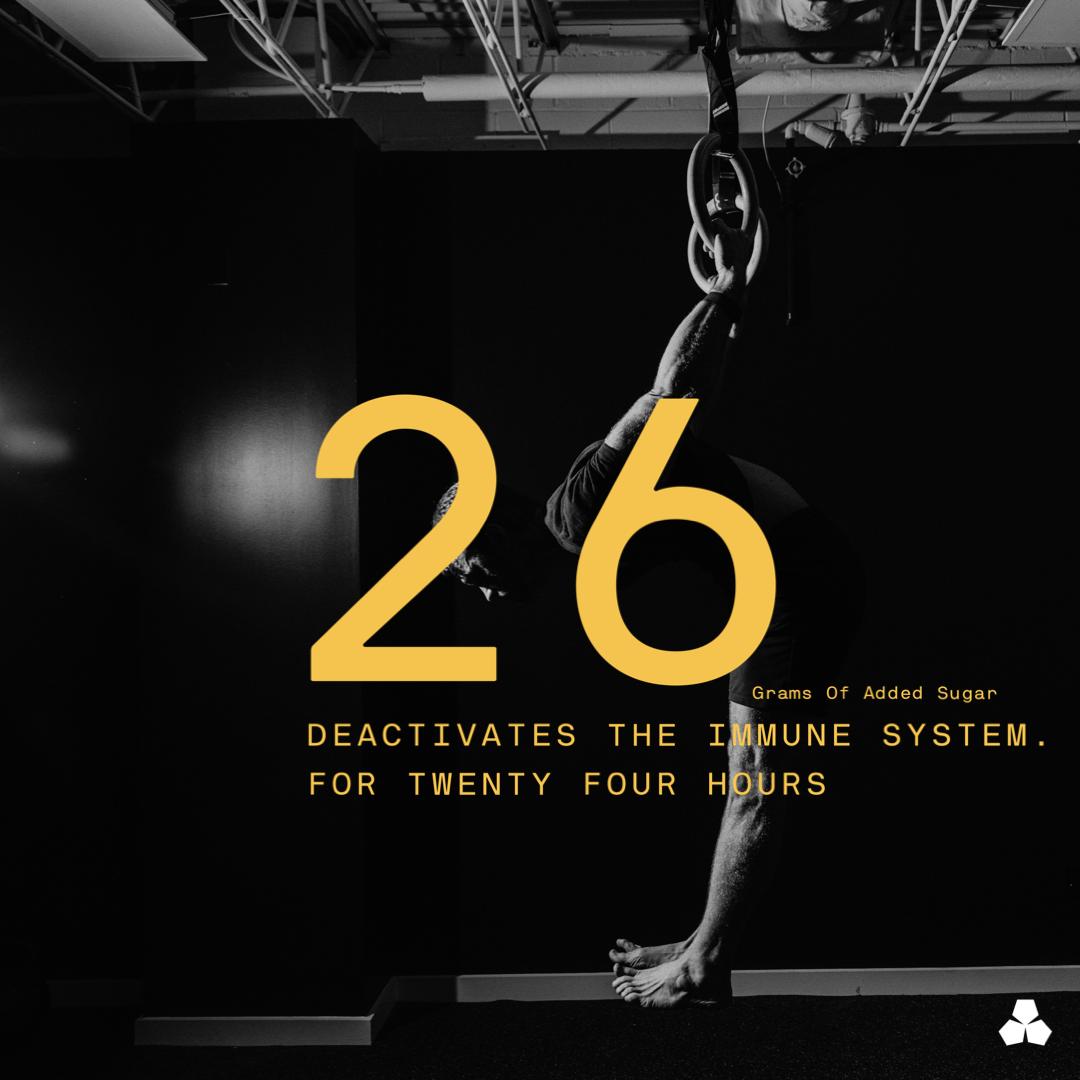I love breakfast. I mean… I LOVE breakfast. French toast stuffed with cream cheese, crispy salty hash browns, sausage, eggs… don’t get me started. We were told as kids that breakfast was the most important meal of the day. Why wouldn’t anyone rejoice at these words? But alas, as more research emerges, it is becoming more and more clear that, at least in the traditional sense, the old adage is only wishful thinking.
Despite my love for breakfast, I rarely eat during this time of day anymore.
Here’s why:
When I was a kid, the debate was whether we should eat 3 square meals a day or eat light snacks throughout the day. It seems modern society has finally found an answer to this question: 3 meals a day PLUS snacks all day! We simply eat all.. day... long.
When we stay in a pattern of constant satiation, our entire body—especially our digestive system—becomes overworked. Our bodies expend more energy on processing food and not enough on detoxifying and healing. Under these conditions, the digestive system will eventually begin to function abnormally. Our bodies will produce too much insulin and cortisol (among many other things), leading to metabolic havoc and skyrocketing our chances of chronic illnesses such as cancer, diabetes, Alzheimer’s, heart disease, chronic pain, and obesity. The list goes on.
When we are constantly in a fed state, the body always has a surplus of glucose and adapts to use that as its primary source of energy. It also stores this excess glucose in the liver and muscles. This means when we need energy, we are going to use glucose from these tissues before we use any fat. This means less fat burning.
By simply changing WHEN we eat we can shift this balance and create a situation more conducive to use of fat as a primary energy source, which is much safer and closer to the way we were designed to function.
Benefits of Intermittent Fasting:
Intermittent Fasting helps the body reset its metabolic processing and shift back to using fat as a primary energy source. This results in a vast array of health benefits:
- Balances blood sugar and insulin, which leads to lower levels of inflammation throughout the body. Intermittent fasting alone can decrease caloric intake by up to 40%.
- Increases the production of Growth Hormone–an important hormone for repair and maintenance of youth and muscle mass-Decreases chance of Alzheimer’s, cancer, heart disease, and many other chronic illnesses
- Fasting can effectively reverse Type 2 diabetes in a relatively short amount of time. Fasting has also been shown to trigger the regeneration of the pancreas in both Type 1 and Type 2 diabetics-Increases insulin sensitivity, which is crucial for your health, as insulin resistance or poor insulin sensitivity contributes to nearly all chronic diseases
- Normalize ghrelin levels, also known as the “hunger hormone,” resulting in lowered hunger
- Suppresses inflammation and reduce oxidative damage
- Improved immune function
- Activates stem cells from a dormant state to a state of self-renewal
- Increases life expectancy
- Increases mental clarity
- Decreases sugar cravings as your body adapts to burning fat instead of sugar.
How To Do It:
It's pretty simple, really. Just pick a time during a 24-hour period where you do not eat for 16 hours. It may sound extreme at first, but if you consider that a large chunk of your fasting period can be done while you are asleep it doesn’t seem so hard. I suggest 7 pm to 11 am the next day. This gives me the easiest window of conscious fast because it's either at the very end of the day or the first few hours of the morning. You can drink water, tea, or coffee during the fast. No creamers, sweeteners, etc. though.
When you are in a non-fasting period, you can eat whatever you want within reason. This doesn’t mean eating 3 meals worth of doughnuts and beer at 16 hours and 1 minute. You have to give your body good building blocks to use for repair. The detoxification happens during the fast, but the rebuilding occurs during the eating period. Obviously the better you eat, the better this will work! Low sugar, whole and unprocessed foods, lots of good fats and clean meats is a good place to start.
Contraindications:
The following conditions may make intermittent fasting less suitable or even unsafe for you (consult your healthcare provider first!)
- Poorly controlled diabetes
- Eating Disorders
- Heart Conditions
- Pregnancy
- Kidney Disease
- Age less than 18 or greater than 70 (due to huge variation in individual health and fitness level this range may not be applicable to everyone).
If you have ANY doubts, consult your healthcare provider to confirm this is a safe option for you.
Notes:
- Caffeine has a half-life of nearly 7 hours in the body, so try to keep your coffee intake to the first part of your non-fasting period or closer to “upon waking” so that sleep quality is not compromised.
- Your body will go through an acclimation period while all of your systems find a new equilibrium. I’ve found that I’m pretty hangry in the first 2-4 days, but I start to balance out after about a week. Most people have stabilized by about 30 days, but some may find it takes longer depending on what other things are going on with them health-wise.
- There is a decent chance that you will notice a period of detox symptoms such as fatigue, fogginess, sweating, etc. This is normal, but keep your healthcare provider in the loop if you experience any of these symptoms just to be safe! If you are experiencing significant weight loss then it’s likely your detox symptoms will be worse. Consider increasing insoluble fiber in your diet during this period to help absorb some of those bad vibes.
- If it doesn’t feel right—STOP! Check with your healthcare provider if you have any concerns before or during. Listen to your body.
Pro Tips:
Once feeling more normalized--combine with exercise, preferably challenging exercise--for a huge boost of healing power, energy, and body toning.
There is recent data to suggest that combining intermittent fasting with a keto-type diet may have synergistic benefits. Work on relaxation strategies such as meditation, journaling, and diaphragmatic breathing. Get enough quality sleep while fasting. Your body needs to rest!




